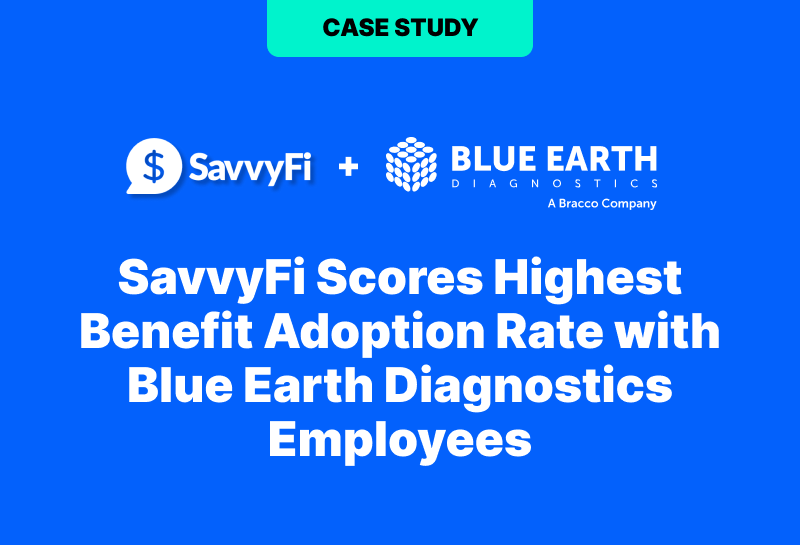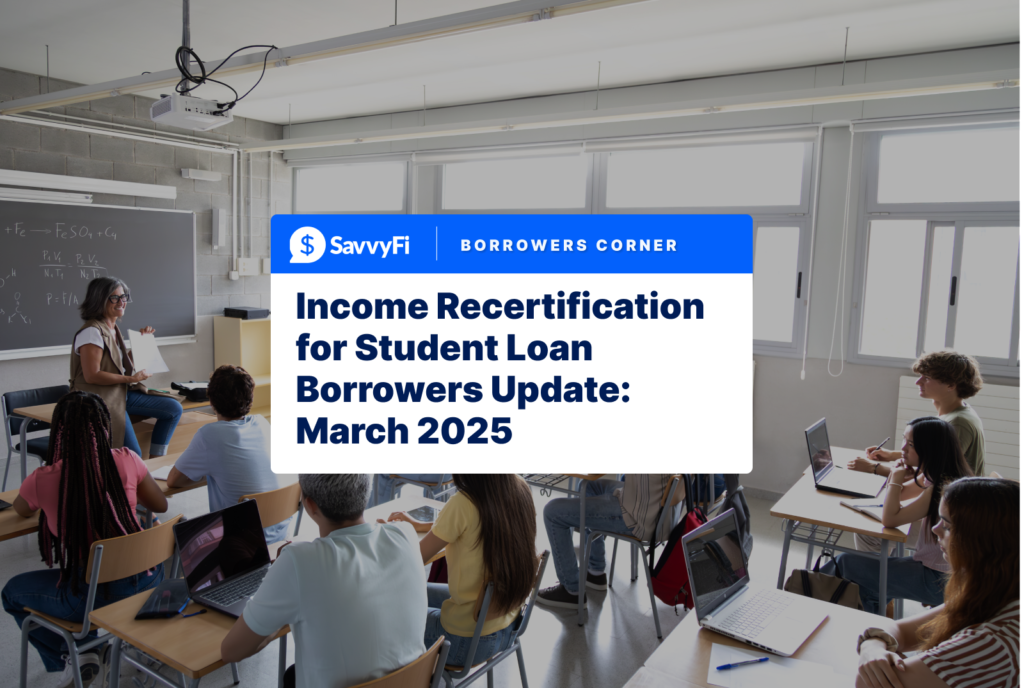What Is An Employer-Sponsored 529 Plan?
Employer-sponsored 529 plans are tax-advantaged education savings accounts offered to employees through their workplace benefits program. 529 plans can help employees save for K-12 tuition, higher education, and trade schools for themselves or a loved one.
Employer-sponsored 529 plans are tax-advantaged education savings accounts offered at the workplace
Funds saved in 529 plans are typically invested in stock and bond funds. If the savings are withdrawn for qualified education expenses, 529 account owners don’t have to pay capital gains taxes on their investment earnings.
State-run 529 plans have allowed payroll deduction for quite some time and have historically been the only option available for employers. However, more recently, financial technology firms have also entered the market.
Recent Changes To Employer-Sponsored 529 Plans
529 plans were first created in the late ‘90s, primarily to help parents save for their children’s college.
In 2019, the SECURE Act made it possible for families to use 529 plans to save for K-12 tuition, apprenticeships, and trade schools. The Act also made it possible for people to use 529 plans for student loans.
Families can now use 529 accounts for student loans
In 2021, the Consolidated Appropriations Act provisioned future changes to the Free Application for Federal Student Aid, or FAFSA. Previously, withdrawals made from grandparent-owned 529 plans increased a family’s “expected contribution” by 50 cents for every dollar withdrawn. This reduced the amount of grants and federal loans the family qualified for.
With the recent changes, withdrawals from a grandparent-owned 529 plans will not be included in a family’s FAFSA.
Grandparent-owned 529 plans will no longer reduce financial aid
Although the are multiple student loan benefit categories on the market today, these recent changes make employer-sponsored 529 plans much more equitable in the workplace setting, which is a key value proposition for benefits administrators.
Why Would an Employer Offer a 529 Plan?
Total student debt in the U.S. now exceeds $1.7T. That’s not the whole story, though. Parents account for over $100B of those student loans.
The burden of student loans causes recent grads to put off important financial priorities, like saving for retirement. In addition, parents and grandparents often take out home equity loans and reduce their 401(k) contributions to get their loved ones through college.
Student debt has become a retirement problem for recent grads, parents, and grandparents
The financial stress of debt also has a negative impact on worker health and productivity. A recent study by Money and Mental Health Policy Institute revealed that 46% of people with problem debt also have a mental health issue.
529 plans can play a role in preventing and eliminating student debt, which can have a positive impact on retirement savings, financial wellness, and mental health. However, only about 3 out of every 10 Americans can recognize what a 529 plan is.
The simple fact is, the majority of families will not become aware of 529 plans or have the confidence to open a 529 account if they are not offered through the workplace. And according to an Edward Jones survey, 86% of employees would participate in a 529 plan if it was offered by their employer.
The majority of families will not become aware of 529 plans without the help of their employers
Employers are uniquely situated to help their employees discover and adopt 529 plans.
Can An Employer Contribute to a 529 Plan?
Employers can contribute to a 529 plan, although only 8% of companies have done so over the past few years.
The matching contribution, typically made through the employer’s payroll system, is considered an increase in W2 wages for tax purposes.
Employer contributions to 529 accounts increase an employee’s taxable wages
Employees do not perceive the tax advantages of 529 accounts and payroll deduction alone as that significant of a benefit. Like 401(k) plans, the “free money” coming from employer contributions substantially increases the perceived value of a 529 benefit.
Like 401(k)s, employer contributions increase the perceived value of a 529 benefit
Without employer matching, a low percentage of employees adopt 529 benefits. However, employer contributions substantially increase the employer’s cost of offering the benefit.
Book a free 20-minute consultation to learn what is required to implement employer 529 contributions
Traditional Employer-Sponsored 529 Plans
Over the past several years, only around 10% of employers have offered a 529 benefit. Typically, these employers used “traditional” state-sponsored 529 plans with payroll deduction and no employer match.
As previously described, few employees participate in these plans when there is no employer match.
Employee participation in traditional 529 plans has been low without an employer match
Traditional 529 plans have also been cumbersome to roll out and administer in the workplace.
An employee who wants to change a contribution usually must log into the state-run 529 site, change their monthly contribution, print out a form, and hand that off to their benefits administrator at work. The benefits administrator then has to manually adjust the employee’s payroll deduction in their payroll software.
Because of these complexities, benefits administrators usually find other higher-value priorities than advertising the employer-sponsored 529 plan to their employees.
Traditional employer-sponsored 529 plans have been difficult to roll out and administer
On the upside, the traditional state-sponsored plans are typically free to employers.
Fintech 529 Plans
Several financial technology companies have recently emerged to solve some of the problems that traditional employer-sponsored 529 plans have. These technology-first companies focus more on the end-user experience and ease of enrollment.
Fintech 529 plans are typically integrated with one or more state-run 529 plans, so they are able to leverage the existing 529 infrastructure while enhancing the overall digital experience.
Fintech 529 firms leverage existing 529 plans but enhance the overall digital experience
Some require payroll integration, and others are able to process employee contributions without payroll integration. In all cases, the contributions are sent to an existing state-run 529 plan and invested in any number of investment funds offered by that plan.
Fintech 529 plans typically have additional sources of savings outside of an employee’s income. Friends and family gifting and cashback rewards are two examples.
Some fintech 529s offer cashback rewards and simplified friends and family gifting
These extra sources of savings can augment or replace the traditional “employer match,” which drives the perceived benefit and participation among employees without requiring the employer to take on the extra cost of matching contributions.
Extra sources of savings make fintech 529s valuable without requiring an employer match
Fintech 529 plans typically have a platform cost comparable to health savings accounts and other similar benefits. The additional cost relative to traditional 529 plans may be worth the investment for employers looking for an easy-to-implement benefit to help their workforce deal with student debt.
Summary
Student debt has become a problem that impacts most of the generations within the workforce. Having a student debt solution can be a great recruiting and retention tool for employers.
With the recent legislation changes, employer-sponsored 529 plans have evolved into an equitable solution for parents, grandparents, recent grads, and everybody else who has a loved one who is or will be impacted by student debt.
While traditional state-sponsored 529 plans can be cumbersome to implement, financial technology firms are making the existing 529 plans easier to offer in the workplace and more valuable to employees.
In today’s climate, employer-sponsored 529 plans may be a cost-effective, equitable, and hassle-free solution to help the entire workforce deal with student debt.
Want to learn more? Chat with our team!
About SavvyFi: SavvyFi is a user-friendly fintech platform that makes it easy for employers to provide college savings and student loan benefits to their employees. Because the company’s platform is “zero-touch” to HR — without any complicated systems, integrations, or paperwork — SavvyFi unlocks education financing capabilities to even the smallest employers that would not otherwise be able to offer these benefits.
Disclosure: Third-party quotes shown may not be representative of the experience of all SavvyFi customers and do not represent a guarantee of future performance or success.





